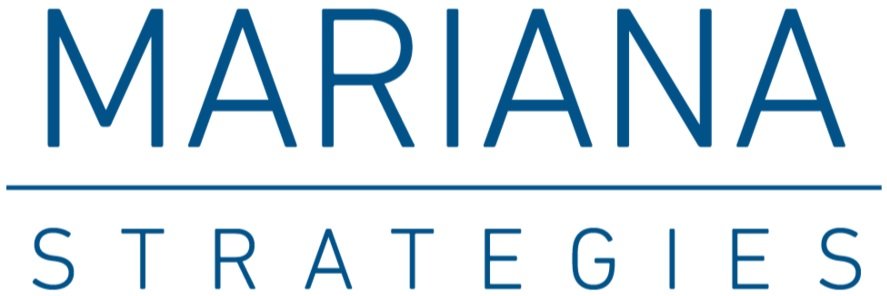Billy Penn at WHYY: Harassment is about workplace safety
The article quoting Mariana Strategies CEO Audrey Roofeh explores the persistent challenges faced by SEPTA bus drivers, emphasizing the prevalence of sexual harassment and assault from passengers and the organization’s difficulties in addressing and tracking these incidents. It centers on the experiences of Iman Peoples, a SEPTA driver who endured severe sexual harassment during a night shift, leaving her with lasting trauma and requiring extensive mental health support. Peoples describes the lack of immediate support from her employer and the inadequate systems in place to handle such incidents, highlighting a broader pattern of insufficient protections for public-facing workers.
Despite measures such as installing clear barriers on buses and security cameras, harassment incidents remain widespread, and reports of verbal and physical threats have surged, particularly during the pandemic. The article reveals that while SEPTA has a committee to review incidents and initiatives to improve employee safety, significant gaps persist in tracking the frequency and severity of harassment cases. Moreover, challenges such as an understaffed transit police force exacerbate the vulnerability of bus drivers and other transit employees.
The article also sheds light on societal factors that contribute to the issue, such as rising tensions among riders and increased aggression in public spaces. Employees like Peoples feel the impact of these broader societal pressures, with many citing a lack of respect and safety as key concerns. SEPTA’s responses, while well-intentioned, have not fully addressed the systemic nature of the problem, leaving workers to navigate unsafe environments with limited support.
Ultimately, the article calls for more comprehensive strategies to ensure the safety and well-being of transit employees. This includes improved tracking systems for harassment cases, stronger preventative measures, and enhanced resources for workers affected by such incidents. The piece highlights the urgent need for transit agencies to prioritize employee safety and respect in their efforts to provide equitable and secure public transportation.
Mariana Strategies takes a comprehensive, culture-driven approach to preventing workplace harassment, focusing on fostering safe, inclusive, and respectful environments. Key elements of their strategy include:
Shifting from Compliance to Culture:
Rather than merely focusing on liability avoidance, Mariana Strategies emphasizes creating organizational cultures where harassment is not tolerated.
This includes addressing systemic issues and building accountability at every level of the organization.
Leadership Commitment:
Leadership plays a central role in setting the tone for a harassment-free workplace.
Mariana Strategies works with leaders to visibly prioritize and allocate resources for creating inclusive and respectful environments.
Proactive Assessments:
Conducting climate surveys and workplace assessments to identify risk factors for harassment and measure the effectiveness of existing policies.
These tools help organizations pinpoint issues and implement targeted interventions.
Policies and Accountability:
Developing comprehensive, clear, and inclusive anti-harassment policies that are easy to understand and actionable.
Establishing systems to hold individuals accountable, including leaders and managers, for maintaining safe and respectful workplaces.
Training and Skills-Building:
Offering practical, goal-oriented training that includes bystander intervention, respect-building, and creating psychologically safe spaces.
Ensuring training is integrated into broader accountability systems and evaluated for effectiveness.
Focus on Intersectionality:
Recognizing that individuals may experience harassment differently based on intersecting aspects of their identities.
Mariana Strategies emphasizes inclusive practices that consider the unique challenges faced by marginalized groups.
Sustaining Change:
Encouraging organizations to move beyond one-time initiatives and embed harassment prevention into their long-term cultural strategies.
This includes aligning DEI+ goals with business and mission objectives to reinforce their importance and sustainability.
By combining leadership-driven efforts, robust policies, and cultural transformation, Mariana Strategies helps organizations create workplaces where harassment is actively prevented, and all employees feel valued and safe.
